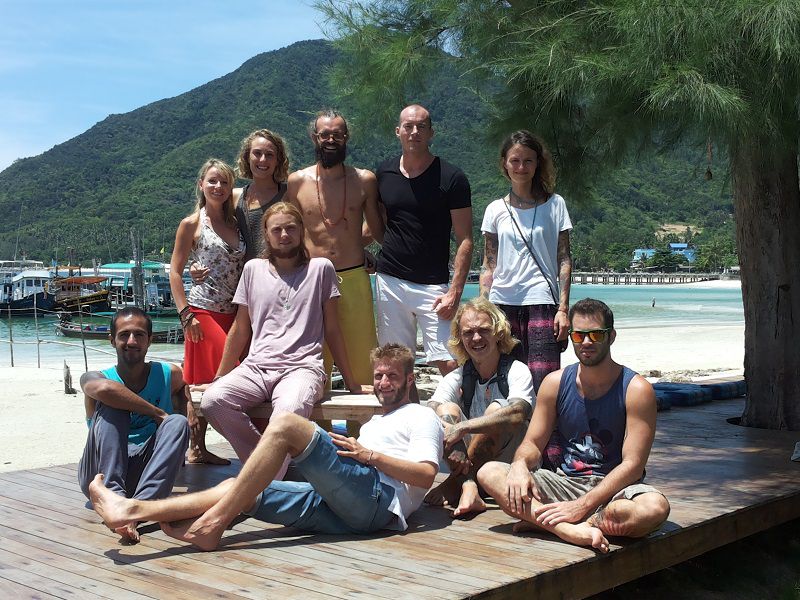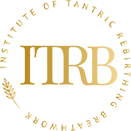Rebirthing is a complete system classified into three sub-categories.
Only one category relates to breathing, which is most commonly associated with Rebirthing.
Another one is Spiritual Psychology, using techniques to understand emotions, thoughts, and belief systems and transform them with specific tools.
And the third one is the Spiritual Purification Practices through which we learn about the different elements – earth, air, water, and fire – and how these form the basis of our body and can support us in transformation via fasting, exercises, breathing under water, fire ceremonies, etc.
An essential part of the Spiritual Psychology of the Rebirthing is the so called “10 Biggies”. The Biggies cover 10 different areas, 10 different groups of traumatic events of one’s life.
The Biggies are listed below:
1. Birth Experience (trauma)

Rebirthing sessions repair the physical and emotional damage caused at birth as a result of the first struggle for breath.
Pre-birth experiences of the baby, from the point of conception up to approximately 2 hours after birth, are fundamental, deep experiences as part of the birth trauma.
Experience shows that if a mother has not overcome her own birth trauma, she may repeat similar complications when it is her time to give birth. Similarly, for the father, if he has not dealt with his own birth trauma he will find difficulty in providing the quality presence of love and support.
The arrival of a new being into this world is a sacred moment, and it should be surrounded by love, security, respect, and support. Too often it is treated in hospitals as a routine act, or even a pathology.
2. Parental Disapproval Syndrome

Sources of trauma for the child include disapproval, criticism and lack of guidance. Through disapproval and lack of support a child learns to be afraid of losing the parents’ love.
These children can feel they are not wanted and can then show characteristics such as impatience, lack of nurturing, lack of love, blaming others, acting unconsciously, and addiction.
Mistakes in education and a lack of love and nurturing that has not been recognized or overcome are passed down from generation to generation. Unconsciously, many parents “take revenge” on their own parents through their children.
Children also learn by imitation, mirroring the unconscious unresolved issues of their parents and the people who surround them.
3. The Unconscious/ Subconscious Death Urge
The subconscious death urge is a psychological structure that contains the most destructive human thoughts, feelings and memories. It is a collection of all the negative thoughts and habits that we inherited from our family, our culture, and our environment that sabotages our lives, often in spite of us and our conscious attitudes.
We have a tendency to repeat what is familiar and what we have learned and observed. Our family or the people that surround us unconsciously pass onto us their habits, beliefs, apathy, depression and subconscious death urges.
Processing your death urge means overcoming victim consciousness
4. Past Lives
People often have past life memories and integrate past experiences during rebirthing sessions. It usually improves their quality of life dramatically.
Past life therapy is a good tool if it is practiced with the right goal in mind and not used to make us feel like victims of the past or to blame others.
5. Personal Lie and Specific Negatives

The Personal Lie is essentially using your own mind against yourself subconsciously. It is the most negative or limiting thought, belief or feeling that somebody has about him/herself and the universe.
The personal lie makes us unable to perceive ourselves as divine children of God or the universe. It is the root of separation. It dictates the way we create and interpret our reality and how we misinterpret the ultimate reality or are blinded to it.
6. School Trauma

Current mainstream school “education” systems, almost irrespective of culture, do not respect the stages of human development or the uniqueness of each child. It is a is a “one size fits all” approach.
7. Religious Trauma

True spirituality means connecting with the source of life, with your divine nature and doing practices in order to embody this divine nature: your true self.
Religious trauma is composed of false ideas and various dogmas about God, your real nature and the purpose of life. Many concepts and beliefs that have roots in mainstream religion pervade the culture in which we live. The idea of being guilty and unworthy of God’s love when you are alive is quite common. The idea that a spiritual life must be one of sacrifice is also common in many religions.
All of this leads us to criticize and judge ourselves, thinking that we are bad, evil, not good enough, etc. This dogma prevents us from looking inside and feeling our innocence and natural divinity.
8. Senility
When people become senile, it is generally considered that they have reached the end of their lives. It is a feeling of helplessness that is overwhelming for most people.
Rebirthing sees senility as simply another stage in life, just like childhood, adolescence and adulthood.
9. Repression of the Feminine

This occurs in both males and females. The repression of the feminine in each of us leads to a repression of the intuitive self, and thus also a repressive inner state and society in which we live.
Most people seem to be afraid of their more sensitive, softer and vulnerable side. They repress their feminine qualities such as intuition, sensitivity, vulnerability, softness, listening and trust because they are afraid of being hurt again. We are taught that to survive in this world we must be “strong” and that vulnerability is something negative or dangerous.
We now know that to open ourselves to become more vulnerable actually opens doors to more strength and self-esteem and actually makes us more human.
With this disconnection it is almost impossible for us to create relationships on any level based on cooperation and love. We can see how all the other human traumas relate to the repression of the feminine.
10. Repression of the Masculine
The repression of the masculine is the repression of the power to create. The drive is towards the power of the mind, the need to think and solve problems and to know, rather than create.






